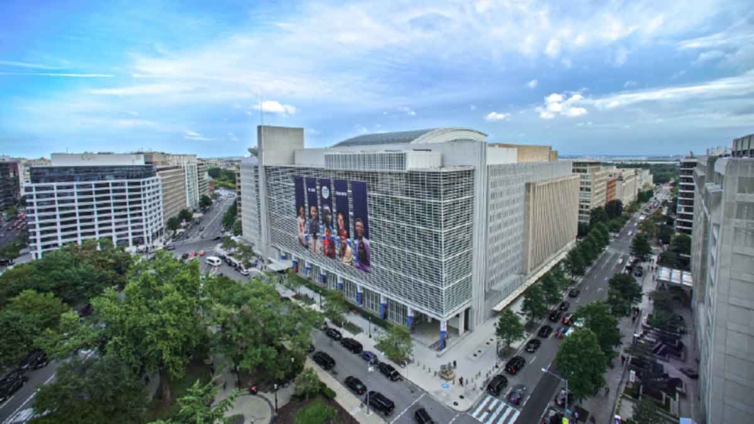The World Bank is expressing worry that Ghana’s economy has begun to deindustrialize prematurely, according to its latest Ghana Economic Outlook Report.
Traditionally, manufacturing is a marker of industrialization, but economic indicators show that the country’s economy may have begun to de-industrialize prematurely.
“There are indications that Ghana has begun to deindustrialize prematurely. Traditionally, manufacturing is a marker of industrialization. But economic indicators show that Ghana’s economy may have begun to deindustrialize prematurely, with the manufacturing sector’s share of employment peaking at a time when the national income in Ghana is lower than it was in other countries, such as the Republic of Korea, Malaysia, and Brazil, when they began transitioning to a services economy.”
The World Bank also pointed out that the economy lacks diversification, as indicated by its exports, which are dominated by primary products, such as oil, cocoa, and gold.
According to the Ghana Statistical Service, the manufacturing sector recorded a growth rate of 4.0% in the third quarter of last year, despite covid-19 pandemic.
Nevertheless, the country’s manufacturing sector is still small, compared with its middle income peers in Sub-Saharan Africa.
Large labour market gains from progress made in increasing educational attainment
An analysis of the contribution of human capital to productivity indicates that Ghanaians born today will as adults only be 45% as productive as they would have been under a benchmark of complete education and full health.
The shortfall appears to be driven by low student academic achievement, which in turn can be linked to a poor environment for child development and learning.
Nevertheless, the World Bank Economic Outlook report said average educational attainment among the working-age population increased from 8.9 years of education in 2005/06 to 9.4 years of education in 2016/17.
Earnings returns to education for wage-employed workers also indicate markedly higher payoffs for completing secondary education (12 years of education) and participating in tertiary education than completing lower levels of education.
However, only 26% of the working-age population had completed secondary education in 2016/17.
Latest Stories
-
Ghana needs urgent reset and inspiring leadership – Mahama
56 mins -
Asiedu Nketia cautions NDC: Don’t be complacent, election 2024 victory isn’t assured yet
1 hour -
Ongoing power crisis worst in the 4th Republic- Alhassan Suhuyini
1 hour -
Power challenges would be over in the next few days – Herbert Krapa
1 hour -
Full text: Acceptance speech by Prof Naana Opoku-Agyemang as Mahama’s running mate
1 hour -
Government’s fiscal adjustment on track – Report
1 hour -
Commercial drivers damn threats, unilaterally hike transport fares
2 hours -
Restore dignity to Vice President’s office – Fifi Kwetey to Prof Naana Opoku-Agyemang
2 hours -
Women face mounting pressures, feel unsafe at workplace – Deloitte
2 hours -
Bright Simons asks: Where is the KPMG report on SML contract audit?
2 hours -
GEXIM to celebrate Ghanaian workers with “Workers’ Mart Tuesday Market”
3 hours -
Ghanaians need honesty on the part of the government – Alhassan Suhuyini
4 hours -
We cannot compete; we need to collaborate – George Quaye on projecting theatre
4 hours -
GRIDCo to receive 100MW power supply from IPPs in coming days
4 hours -
How technology is weaving African markets into the global fabric
4 hours

